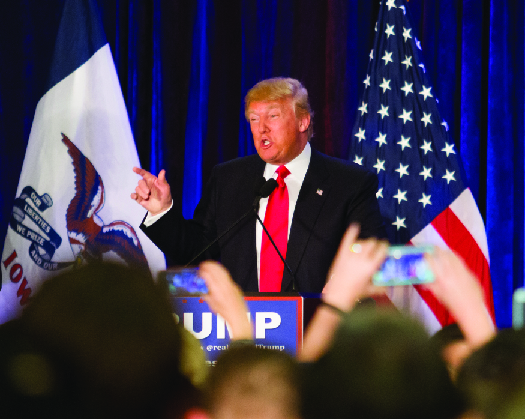| << Chapter < Page | Chapter >> Page > |
During presidential primary season, we see examples of the bandwagon effect , in which the media pays more attention to candidates who poll well during the fall and the first few primaries. Bill Clinton was nicknamed the “Comeback Kid” in 1992, after he placed second in the New Hampshire primary despite accusations of adultery with Gennifer Flowers. The media’s attention on Clinton gave him the momentum to make it through the rest of the primary season, ultimately winning the Democratic nomination and the presidency.
Wondering how your favorite candidate is doing in the polls? The site RealClearPolitics tracks a number of major polling sources on the major elections, including the presidential and Senate elections.
Polling is also at the heart of
horserace coverage , in which, just like an announcer at the racetrack, the media calls out every candidate’s move throughout the presidential campaign. Horserace coverage can be neutral, positive, or negative, depending upon what polls or facts are covered (
[link] ). During the 2012 presidential election, the Pew Research Center found that both Mitt
Romney and President
Obama received more negative than positive horserace coverage, with Romney’s growing more negative as he fell in the polls.

Exit polling seems simple. An interviewer stands at a polling place on Election Day and asks people how they voted. But the reality is different. Pollsters must select sites and voters carefully to ensure a representative and random poll. Some people refuse to talk and others may lie. The demographics of the polled population may lean more towards one party than another. Absentee and early voters cannot be polled. Despite these setbacks, exit polls are extremely interesting and controversial, because they provide early information about which candidate is ahead.
In 1985, a so-called gentleman’s agreement between the major networks and Congress kept exit poll results from being announced before a state’s polls closed.
On one hand, delaying results may be the right decision. Studies suggest that exit polls
can affect voter turnout. Reports of close races may bring additional voters to the polls, whereas apparent landslides may prompt people to stay home. Other studies note that almost anything, including bad weather and lines at polling places, dissuades voters. Ultimately, it appears exit poll reporting affects turnout by up to 5 percent.
On the other hand, limiting exit poll results means major media outlets lose out on the chance to share their carefully collected data, leaving small media outlets able to provide less accurate, more impressionistic results. And few states are affected anyway, since the media invest only in those where the election is close. Finally, an increasing number of voters are now voting up to two weeks early, and these numbers are updated daily without controversy.
What do you think? Should exit polls be banned? Why or why not?

Notification Switch
Would you like to follow the 'American government' conversation and receive update notifications?